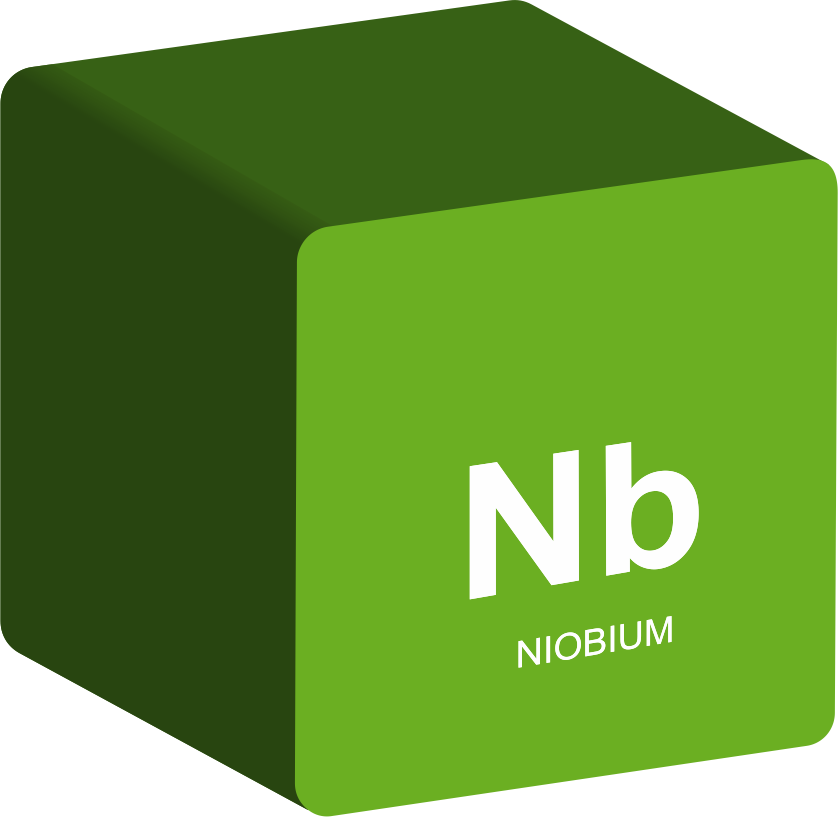More Money Flows to Flow Batteries: ESS Nabs $13 Million Funding Round
| Date: Dec 13, 2017 |
| Iron flow battery maker ESS raised $13 million in a Series B round, expanding the pool of cash available to upstart alternativestoragecompanies.
The money will go to automate and expand the manufacturing facilities where the Oregon company makes its containerized long-duration storage product, the Energy Warehouse. If all goes according to plan, the improvements will raise the six-year-old company’s annual output to 900 megawatt-hours. That’s significant for the small field of long-duration contenders challenging lithium-ion’s dominance in the energy industry today. Flow battery makers like ESS tout the relative safety of their ingredients compared to lithium-ion, with its flammability and rare earth metals. The alternative chemistries also provide long-duration storage, maintaining high levels of discharge well beyond the 4-hour mark typical of lithium-ion systems today. The challenge is that little market opportunity exists for 8 hours of storage, and customers and investors tend to be leery of a technology that’s even newer and more exotic than the mainstream batteries. The new round of funding suggests that at least some investors are changing their minds. The Series B brought back original investors, including Pangaea Ventures. But it also welcomed new investors global chemical company BASF, Cycle Capital Management, Presidio Partners Investment Management and InfraPartners Management. “After conducting extensive research across a range of battery technologies, designs and developers, we’ve concluded that ESS offers a superior combination of low-cost, clean, safe and long-life chemistry; scalable architecture, and management experience,” BASF Venture Capital Managing Director Markus Solibieda said in a statement. ESS closed its Series A in October 2015, raising $3.2 million from Pangaea Ventures, Element 8 and other angel investors. At that time, the company had also been awarded roughly $4.5 million in grants from ARPA-E, the Oregon Nanoscience and Microtechnologies Institute, and Oregon Best. |

